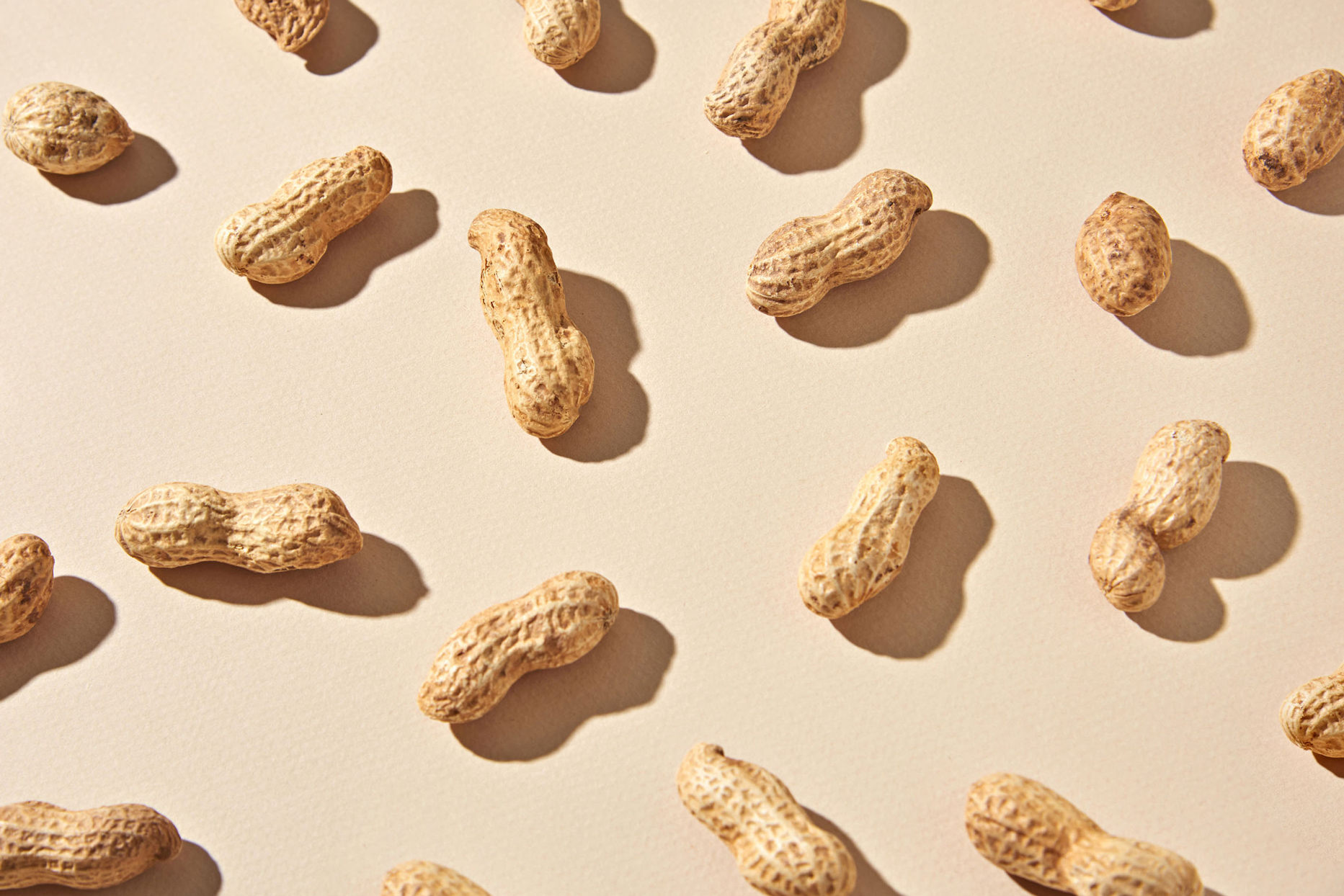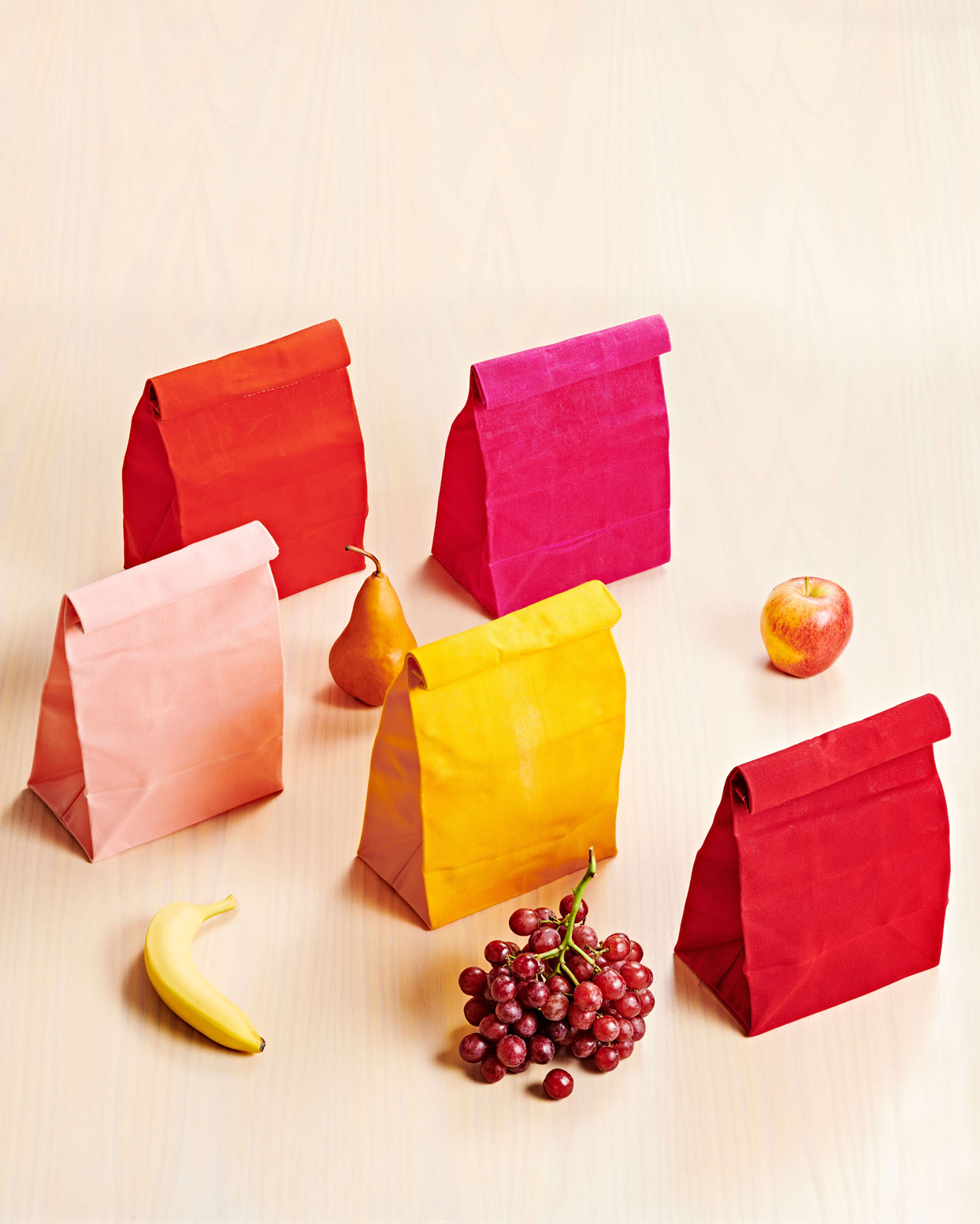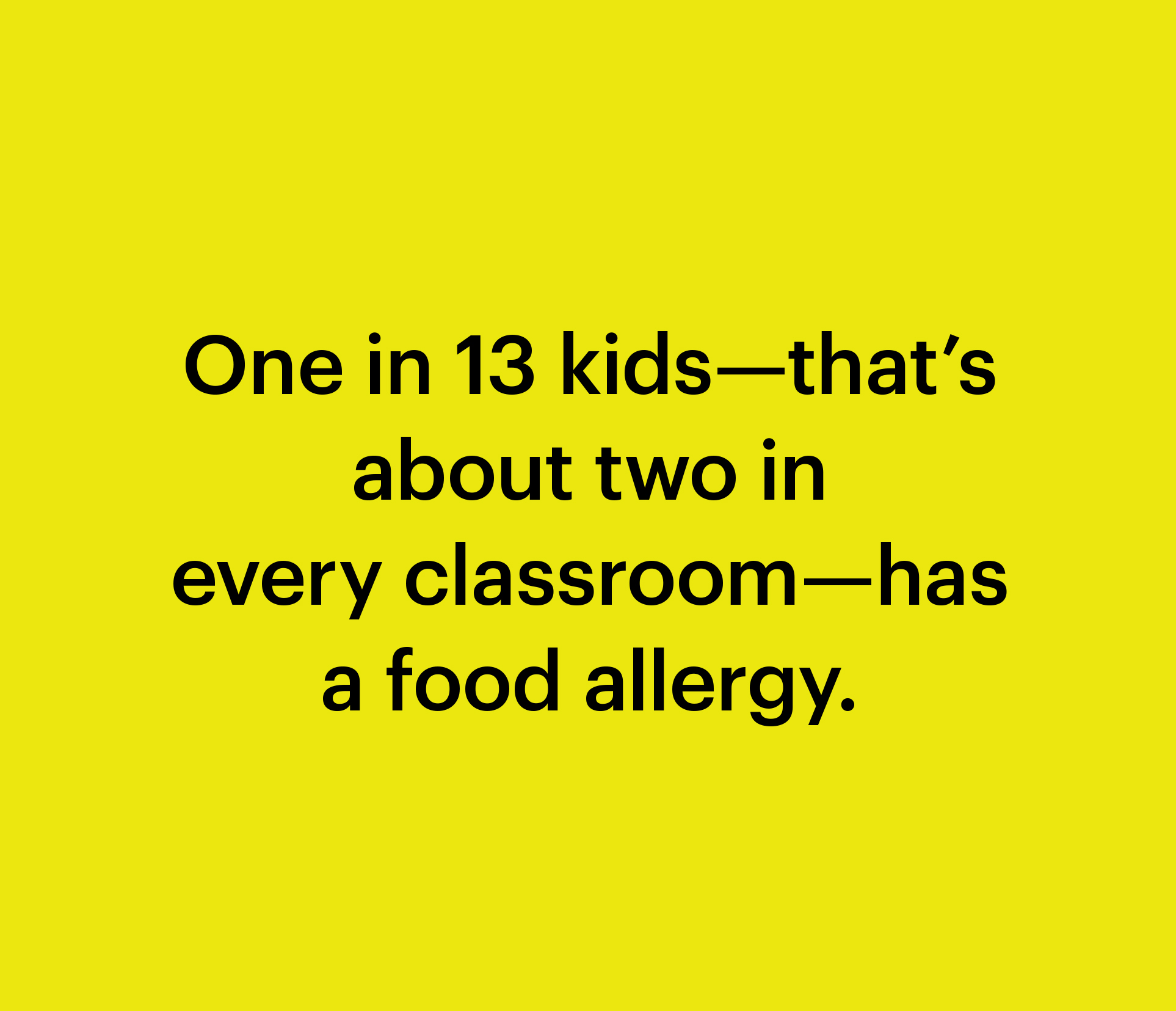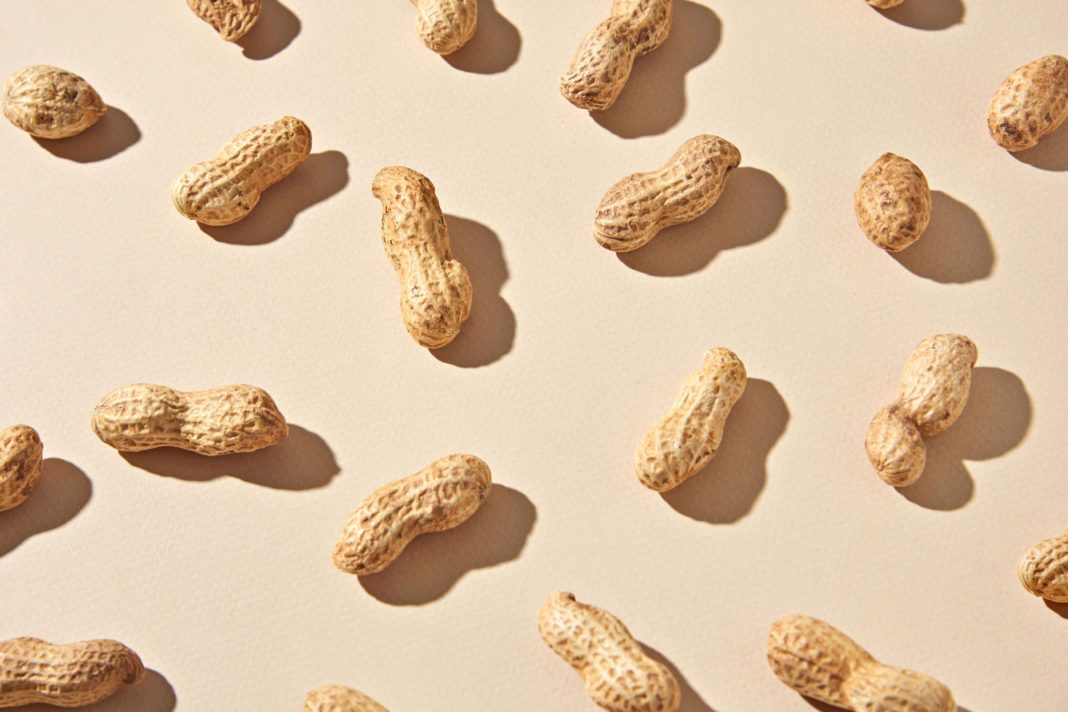
Last spring, a meme popped up in my feed that made me let out a gallows laugh: "Who knew being a food-allergy mom would prepare me for a pandemic?"
To borrow a Twitter phrase: THIS.
My 14-year-old son, Gus, is severely allergic to peanuts and tree nuts, so for years we've been washing hands like surgical residents, and we've wiped down surfaces every time we ate out. We knew the closest emergency room and exactly what to do during a reaction (EpiPen injection first, then dial 911). We even had a pulse oximeter. Our preparedness to guard against a worst-case scenario felt like a win when the pandemic hit. Our everyday caution—which can be exhausting and feel awkward at social events—was now a superpower.
As it turns out, COVID life has had multiple upsides for food-allergy families like mine. Stuck at home with just the food we cook ourselves, we've felt safer. My son has been tucked away from all the land mines, like big family holiday parties with surprise boxes of walnut-dusted bakery cookies plopped on the table—or Halloween, with kids eating Snickers while sticking their hands into communal bowls. Not to mention restaurant meals that have unexpected ingredients (like the crushed peanuts garnishing the ribs my son ordered in a dimly lit restaurant), or random accidents, like a pal eating a nutty granola bar and then grabbing Gus's phone.
All food-allergy families have their origin story. We were on a family vacation out of the country when Gus first reacted to nuts. I fed him a cashew-raisin mix and his face started swelling. Within seconds, my 3-year-old was coughing, and he stuck his tongue out, gagging. I knew his throat could be swelling, making it difficult for him to breathe. Our trip turned into an episode of ER, with me rummaging for the liquid Zyrtec in our bags while my husband called for a doctor.
When we returned home, we found an allergist and learned how to manage life with a food allergy. The advice kept on coming—from his doctors, other parents in the Facebook groups I belong to, allergy Twitter, even the woman on the Trader Joe's hotline who cheerfully checks food after food for me to make sure they aren't made on the same production line as foods that contain walnuts, cashews, or peanuts.

But it's no nut-free picnic. If you don't have a child with food allergies, it can be hard to comprehend what it's like to worry that grabbing and eating the wrong food—a simple accident—could be life-threatening. I'm someone who has anxiety to begin with, so living with the fear of my child inadvertently getting a fraction of a pistachio or a sprinkling of peanut that causes him to have a severe immune overreaction is terrifying.
I've had to use the EpiPen on Gus, and one horrible Halloween, I rode in an ambulance with him. I got in without my handbag or coat, searching his body for signs like puffy lips that might mean the first dose of epinephrine wasn't doing the trick, while the EMT made small talk to keep him alert.

Other parents have experienced far worse. We live each day knowing that we may have to spring into action. We're scared of missing the signs of anaphylaxis for minutes and then having the reaction progress too far, too fast. But it makes us strong; it makes us mama and papa bears. I often remind myself that despite my son's allergies, he is healthy, wise, and mature. I am safe in this moment, as the yoga mantra goes.
However, we can never let down our guard, especially at social events; there's always a chance of a dish having unsafe ingredients or of cross-contact. If you have a child with food allergies, you've been there: Your kid's eyes light up when the host brings out a tray of brownies, and then you have to say, "Sorry, sweetie, you can't eat that." At other times, I'm the one digging through the other family's trash in search of a chips bag so I can double-check the label. While our friends understand my dumpster diving, it can feel lonely to be the no-fun Nina at the party, scowling at fine print.
So the pandemic gave me a gift I didn't even know I needed: I felt seen. The whole world was in prevention mode, weighing what might have touched their groceries or takeout food. Whether our kids have food allergies or not, we all scrub our hands now. We all might call ahead to double-check a restaurant's precautions and whether the chef wears gloves. Although you may be paranoid about an unmasked person coughing on your family's food, not a dangerous drizzle of pesto on your kid's pizza, as everything got strange, I didn't feel strange anymore.
Of course, the limitations on regular life will ease up soon, and families like mine will need to be on guard again. I'm fine with that, since it's not normal to be in a bubble. From the day Gus was diagnosed, my husband and I knew that we wanted him to be able to enjoy all of the fun stuff that childhood has to offer. Baseball games and sleepovers and camps and s'mores in front of a firepit. Bring it on.

Make that, bring it on safely. One of the last social things my son did before the world shut down was to go to a friend's bar mitzvah. I was anxious (buffet-style food made by someone else—eek) but I relied on our training. After contacting the mom and the caterer, I gave Gus very specific rules ("The kid desserts are safe, but do not eat anything from the adult dessert table"). As I dropped him off with his EpiPen in his backpack, I swallowed a golf ball–size lump in my throat and said, "Have fun!"
Because he's got this. I hear my middle-schooler, in his sweetly cracking adolescent voice, tell a takeout place on the phone, "I am allergic to all nuts. Can you please make sure that nothing with peanuts or tree nuts goes near it?" Pause. "Do you use a shared fryer?" And I feel more proud than I would if he'd just won the Nobel Prize.
When I think about (to trot out the cliché of all clichés) the new normal, I hope we can keep this shared concern for different health challenges—the appreciation that not everyone's immune system functions in the exact same way, that some people really do need to be ultravigilant. Imagining post-COVID life makes me think of the classic home-design advice: "You need to take everything out of a room to know what you want to put back." We've taken everything out of the room, and I hope we put back empathy, understanding, and tolerance for the families like mine who still have to live more cautiously.
This article originally appeared in Parents magazine's May 2021 issue as "My Son Has Food Allergies (Thank You For Understanding)." Want more from the magazine? Sign up for a monthly print subscription here
Parents magazine


































